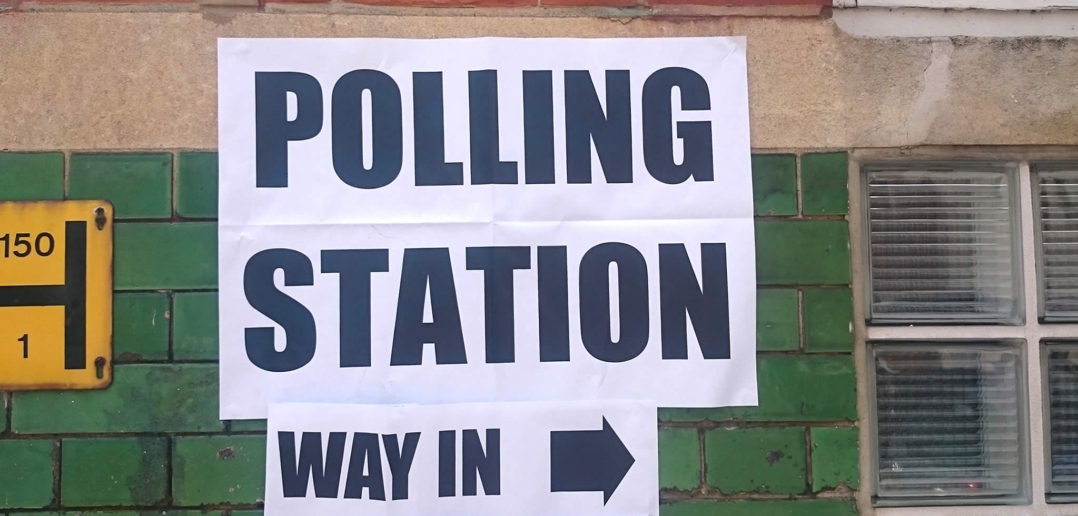Recent elections have been unpredictable. Many failed to predict a Cameron-led Conservative majority, that Britain would vote to leave the European Union, or that Theresa May would lose her majority, so few are confident that polls showing a hefty lead for Johnson will be proved accurate in two weeks’ time. Last week YouGov has released its multi-level regression and post-stratification (MRP) prediction for the general election and gave the Conservatives a 68 seat majority with 359 seats, compared to Labour’s 211, the SNP’s 43, 13 for the Liberal Democrats, four for Plaid Cymru, and one seat for the Greens.
From the Times – The first YouGov MRP projectionhttps://t.co/RycenPP2qB pic.twitter.com/X3no4gBfAO
— Mike Smithson (@MSmithsonPB) November 27, 2019
YouGov’s 2017 MRP was one of the only polls that predicted a hung parliament Theresa May losing her majority two years ago, but does that make this year’s predictions likely to be proved accurate come 12 December? The YouGov predictions are roughly in-line with the majority of the polls that have come out in recent weeks, but after a history of failures by UK polling firms to accurately predict recent elections and the uncertainty within the electorate caused by Brexit, few are relying on the figures – yet.
Much can change in the last few days of an election campaign, and whilst the headlines today may be more focused on the issues of anti-antisemitism within the Labour Party, Prime Minister Boris Johnson is an unreliable figure that has a history of tripping up at crunch time. He managed to win the Tory leadership race with a promise that the UK would leave the European Union before 31 October “do or die” and yet the UK remains a member of the bloc. His election message to the general electorate is now that he will “get Brexit done”, but after voting against various Brexit deals under Theresa May and then failing to meet his own 31 October deadline serious questions are being asked as to whether he is up to the task. Johnson has still refused to be interviewed by the BBC’s Andrew Neil, which suggests that his advisers are worried he could crash the whole campaign if put in the hot seat.
“It is not too late. We have an interview prepared. Oven-ready, as Mr Johnson likes to say”
Andrew Neil issues a challenge for Boris Johnson to commit to an interview with him, to face questions on why people have “deemed him to be untrustworthy”https://t.co/daHLxEYn4r pic.twitter.com/oQ21uDdtJe
— BBC Politics (@BBCPolitics) December 5, 2019
The Brexit Party may be fading away in national opinion polls after Nigel Farage’s decision to pull the party out of races where there is an incumbent Tory MP, but they still have the ability to cause chaos in Labour-held seats. They could steal votes away from Labour giving the Tories the upper hand, but at the same time they might grab some otherwise Conservative voters, splitting the pro-Brexit vote and giving Labour a better chance of victory.
In a similar way, the Liberal Democrats could cause serious issues for Labour by picking up Remain-focused voters that may have otherwise voted Labour, splitting the Remain vote, and giving the Tories a better chance of winning some Labour seats, especially in the midlands and north of England. Labour could have seen off this Liberal Democrat threat by joining the Remain Alliance with the Liberal Democrats, Greens, and Plaid Cymru, but instead decided to maintain their fence-sitting policy on Brexit and only promise a second referendum without any official policy to campaign for Remain.
In response to the polls, the bookies do have a Conservative majority as the most likely outcome on 12 December. For instance, sites such as Betway are offering odds of 2/5 for a Tory majority, with a Labour majority seen as a less unlikely outcome at 16/1, but the markets believe a hung parliament is still very much a possibility.
After burning their relationship with the DUP, a minority Tory government is unlikely as no other party wants to support their hard Brexit plans. However, a Labour minority party, supported by a combination of the SNP, Liberal Democrats, Plaid Cymru, and the Greens remains a distinct possibility, with each of these parties pledging to support a second Brexit referendum as a path out of the current quagmire.
Next week will determine the fate of Brexit and whether the UK will keep its economy focused on Europe or pivot to the US or China, and the bookies, like everyone else, will be biting their nails on the evening on 12 December to see how the people will have voted.




